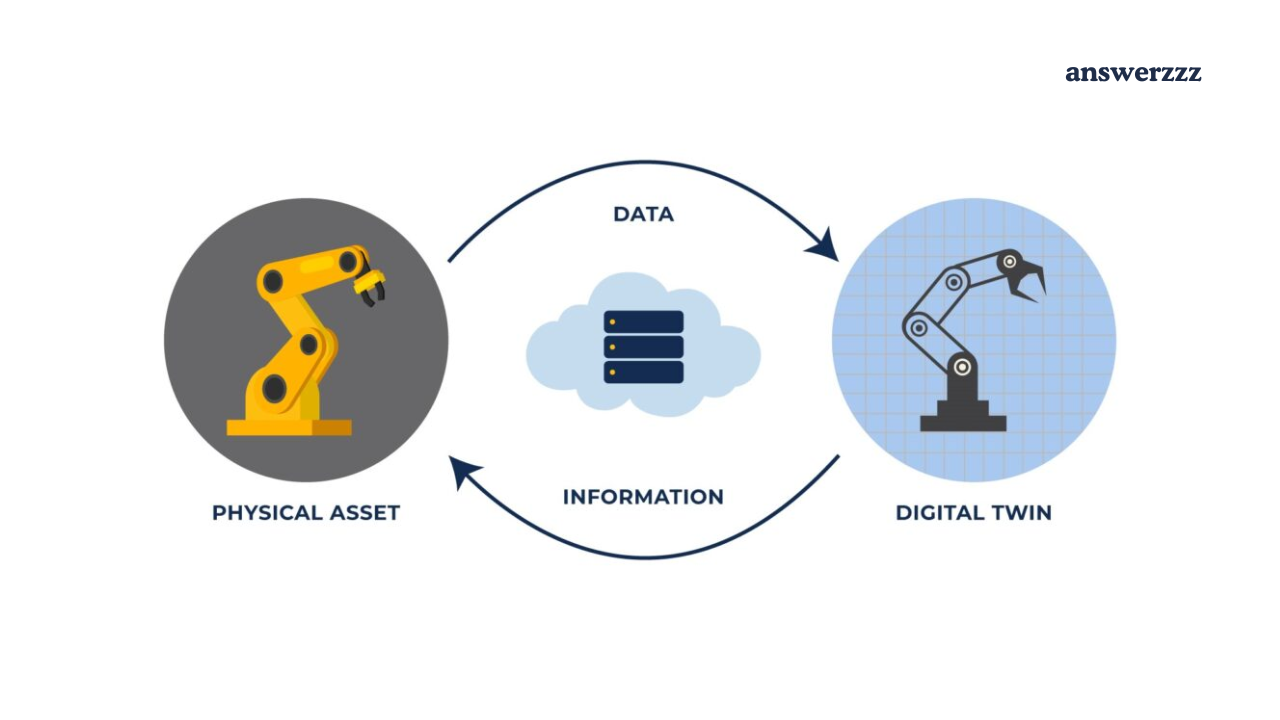Artificial intelligence (AI) is revolutionizing industries across the board, and journalism is no exception. As AI becomes increasingly capable, its role in journalism has grown from assisting with data analysis and automating routine tasks to generating content and personalizing news. However, with these advancements come significant ethical questions. Issues around bias, misinformation, accountability, and the potential loss of human jobs are critical as we consider AI’s role in journalism’s future. This article delves into the future of AI in ethical journalism, exploring both the potential benefits and the ethical challenges that must be addressed to ensure AI supports an informed democratic society.
The Rise of AI in Journalism
AI technology has profoundly changed journalism, reshaping how news is gathered, processed, and delivered. Initially, AI’s role was relatively simple, assisting journalists with data collection, transcription, and sorting through large datasets. Today, AI’s capabilities have grown; algorithms can analyze trends, identify breaking news, and even generate articles on specific topics. Media outlets are increasingly adopting AI for news curation, social media monitoring, and targeted content delivery, which enhances their ability to provide relevant and timely information to readers.
Automated journalism, for example, enables algorithms to create news articles about events like financial earnings reports or sports scores, delivering accurate information in real-time without human input. Natural language processing (NLP) allows AI to understand and generate human-like language, further enhancing the capability of machines to produce newsworthy content. This rapid development promises a more efficient, cost-effective way to deliver news to audiences. However, it also presents ethical questions about the accuracy, bias, and accountability of AI-driven content.
Benefits of AI in Journalism
The potential benefits of AI in journalism are significant. AI can streamline workflows, making newsrooms more efficient and enabling journalists to focus on investigative and analytical work rather than routine reporting. By automating data collection and analysis, AI allows news organizations to cover a broader range of topics and stories that might have been overlooked due to limited resources. This is particularly relevant in areas like investigative journalism, where extensive data analysis is required.
Quantum Computing Explained: Why This Technology Matters and How It Will Revolutionize Industries
Moreover, AI can improve news personalization, tailoring content to individual preferences and making it easier for audiences to access information that resonates with them. This kind of personalized news experience could drive higher engagement and loyalty, helping news outlets retain their audience in a competitive media landscape. AI also enhances multilingual capabilities, enabling news organizations to reach a global audience by automatically translating articles into multiple languages. Such advancements increase accessibility, providing more people with the opportunity to stay informed about global events.
However, the benefits of AI in journalism must be balanced against the ethical risks associated with AI’s rapid expansion in the industry. As AI tools become more prevalent, they must be used responsibly, with careful attention to ethical concerns to ensure the integrity of journalism is preserved.
Challenges in Maintaining Ethical Standards
The use of AI in journalism introduces several ethical challenges. First, there is the risk of bias. Algorithms are trained on vast datasets that may reflect existing societal biases. If these biases are not addressed, AI-driven journalism can unintentionally reinforce stereotypes, skew narratives, and spread misinformation. Bias in AI is a significant concern, especially when covering sensitive issues such as race, gender, or politics. News organizations must work closely with AI developers to create algorithms that minimize bias and prioritize accuracy.
Another ethical challenge is the potential for AI to generate misinformation or fake news. While AI can produce content at an unprecedented speed, it can also be used to spread disinformation. AI-powered tools, such as deepfake technology, make it easier to create realistic but false media. This poses a serious threat to public trust, as distinguishing between real and fake news becomes increasingly difficult. Journalists and news organizations must ensure that they have stringent fact-checking measures in place to verify information, regardless of whether it is generated by a human or an AI.
Accountability is also a critical issue. When an AI system makes an error in a news report, it can be challenging to pinpoint responsibility. Unlike human journalists, AI lacks intent and ethical judgment. If an AI-generated article includes misinformation, the question arises: who is accountable? The developer of the AI, the news organization using it, or the individual who trained the algorithm? Establishing accountability frameworks is essential to maintain public trust in AI-driven journalism.
The Role of Human Journalists in an AI-Driven Future

As AI takes on a more prominent role in journalism, questions arise about the future of human journalists. While AI can automate certain tasks, it cannot replace the investigative skills, ethical judgment, and human empathy that journalists bring to their work. Stories that involve nuanced social, cultural, or emotional aspects require a human touch. Journalists play a vital role in interpreting events, asking critical questions, and holding power to account—qualities that AI currently lacks.
The rise of AI in journalism necessitates a collaborative approach where human journalists work alongside AI tools. Journalists can leverage AI to handle routine tasks, such as data collection and content curation while focusing on investigative work and in-depth analysis. This collaboration can help maintain high journalistic standards and ensure that AI supports, rather than undermines, the profession. Training journalists to work with AI and equipping them with skills to manage AI-generated content will be crucial for future newsrooms.
Ethical Guidelines for AI in Journalism
To ensure that AI is used responsibly in journalism, clear ethical guidelines are needed. These guidelines should address issues such as transparency, accountability, and accuracy. For instance, AI-generated content should be clearly labelled to inform readers that the material was produced by an algorithm. Transparency is essential to building trust, as audiences have a right to know the origin of the news they consume.
5G vs. 6G: What’s the Difference, and How Will It Impact Us?
Another crucial aspect is ensuring that AI in journalism adheres to strict accuracy standards. Fact-checking should be a priority, and AI systems should be designed to flag potential inaccuracies before content is published. Additionally, news organizations must consider the impact of AI-generated news on society, particularly in cases where sensitive or controversial topics are covered. Ethical guidelines should prioritize content that is not only accurate but also respectful of diverse perspectives and sensitive to societal impacts.
Lastly, the development of AI systems for journalism should involve diverse teams to reduce bias. Including people from varied backgrounds in the development process can help ensure that AI algorithms are designed with sensitivity to cultural, racial, and gender differences. This diversity is essential in creating AI-driven journalism that is fair and representative of all audiences.
Future Trends in AI and Journalism
Looking forward, the relationship between AI and journalism is likely to deepen as technology advances. AI’s role in investigative journalism is expected to grow, with algorithms assisting journalists in uncovering complex stories by analyzing data patterns, trends, and social media sentiment. This capability can be especially useful in covering large-scale events or crises, where timely and accurate information is crucial.
Another emerging trend is the use of AI in combating misinformation. AI algorithms can help detect and flag fake news, deepfakes, and other forms of disinformation. By leveraging machine learning, news organizations can enhance their ability to identify false information before it reaches audiences, thereby strengthening trust in the media. AI’s potential to combat misinformation is a promising development, although it will require ongoing improvements to ensure effectiveness.
AI-driven journalism is also expected to become more interactive, with advancements in conversational AI allowing for personalized news experiences. Chatbots and virtual assistants could enable readers to ask questions, request specific information, and engage in real-time discussions with AI. This level of interactivity could transform how audiences consume news, making it a more immersive and engaging experience.
Blockchain Beyond Cryptocurrency: Surprising Uses of Blockchain in Various Industries
Balancing Innovation and Ethics in AI-Driven Journalism
The future of AI in journalism presents both exciting opportunities and complex ethical challenges. As AI continues to evolve, news organizations have a responsibility to implement ethical standards that prioritize transparency, accuracy, and accountability. While AI can enhance efficiency, improve personalization, and combat misinformation, its implementation must be carefully managed to avoid unintended consequences, such as bias and the spread of false information.
Human journalists will remain essential to the integrity of journalism, providing the ethical judgment and investigative skills that AI lacks. By working alongside AI, journalists can leverage technology to enhance their work and focus on stories that require in-depth analysis and critical thinking. The key to the future of AI in ethical journalism lies in collaboration, with a commitment to using AI responsibly and ethically.
As we look ahead, the integration of AI in journalism will undoubtedly transform the industry, making it more efficient and accessible. However, maintaining ethical standards is vital to preserve public trust and uphold the core principles of journalism. By prioritizing ethical considerations and embracing the potential of AI, journalism can continue to serve as a cornerstone of democracy in an increasingly digital world.




